Hello everyone! 😎
For a few years now, I'll say more as a hobby, I've been cultivating a field that I got from my mother. She couldn't manage anymore and as it seemed pointless to have it uncultivated I said to myself, well, I can try something in that direction.
But once the work starts it actually takes a lot of time and effort throughout the season.
Growing your own food, if you grow it organically, without added fertilizers and pest control products, takes a lot of effort, especially if you have other plans, other activities, and commitments on top of it.
Well, when I retire (which will be soon), I guess there will be more time.
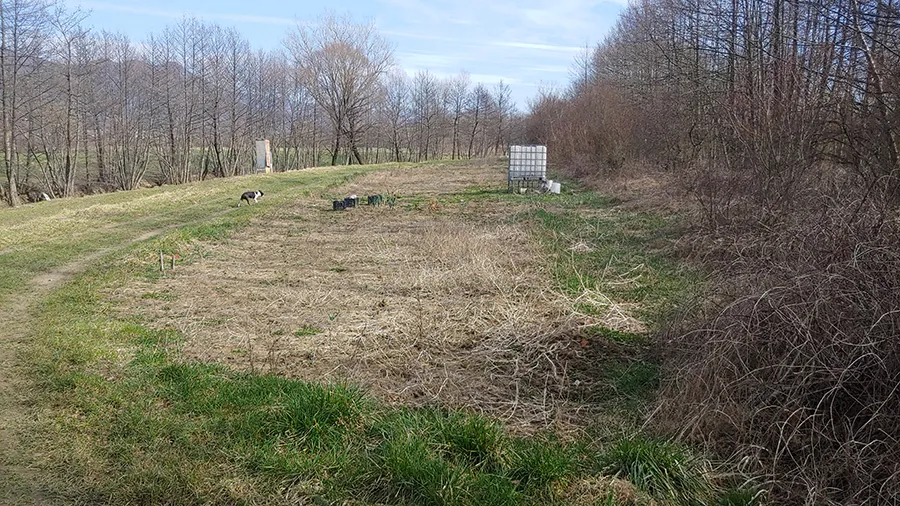
Last year I didn't write regularly about what was happening in the field, except about harvesting potatoes, or two years ago about vegetables in the field.
I will try to follow up more this year, after all, it is about the food I eat and, as it seems to me, in these turbulent times, taking care of one's own food will be an increasingly important task.
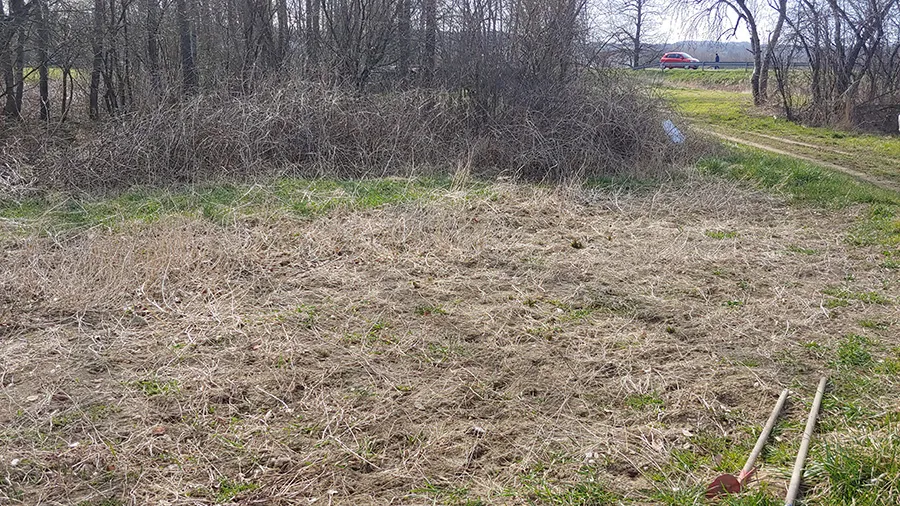
I will start by cleaning. Some people do this before winter. Before any work is done in the field, it needs to be cleaned. In discussions with friends about what to do, there are always two extremes - leave it as it is, because it is all organic waste, and the other extreme, you need to clear everything, every dry branch, leaves, and stone because it will produce better and there will be fewer weeds.
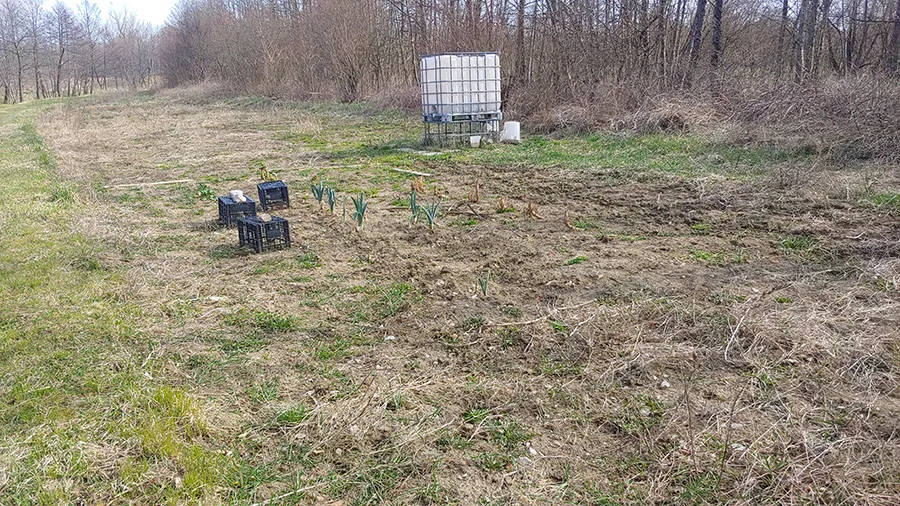
Well, I'm somewhere in the middle, because if I leave everything like that, and when the soil is plowed, then all the weed seeds will sprout again and intensive weeding will be needed.
But if I clear everything completely, it would take a huge amount of time (which I don't have) to clear everything.
So I'll clean just what I can. What do I need to clear?
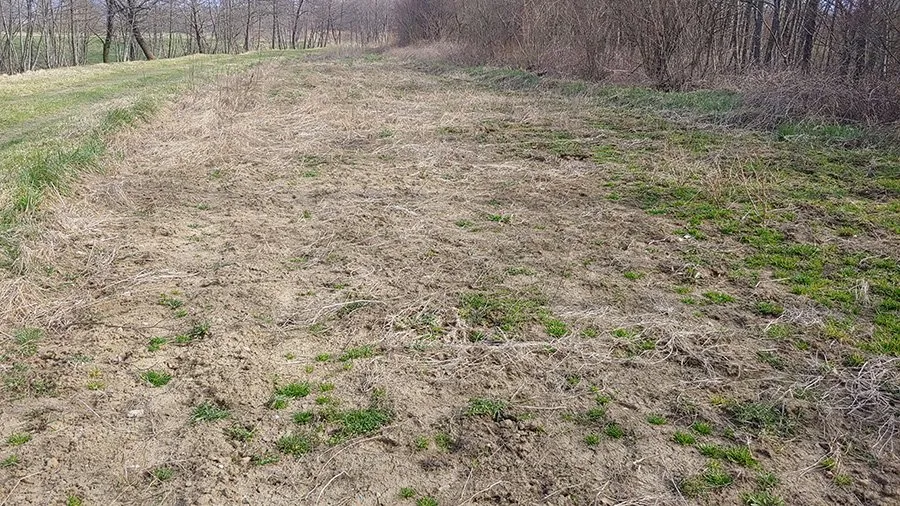
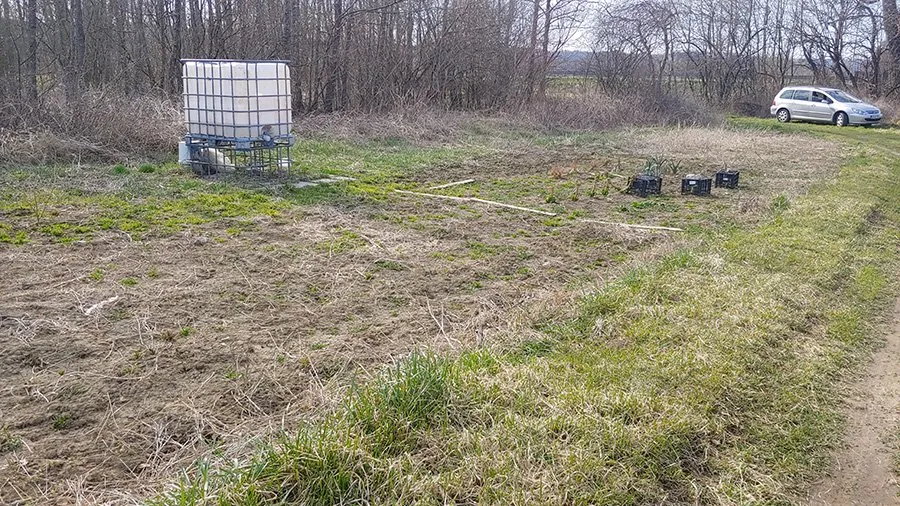
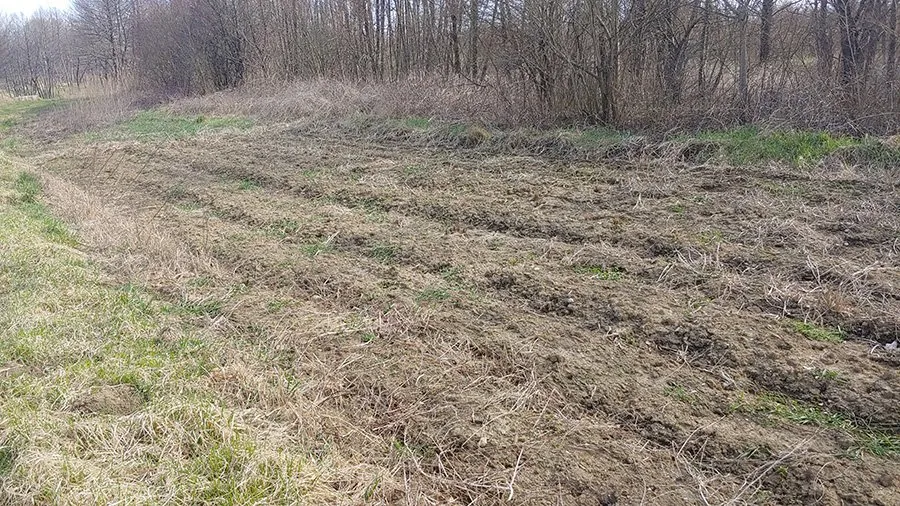
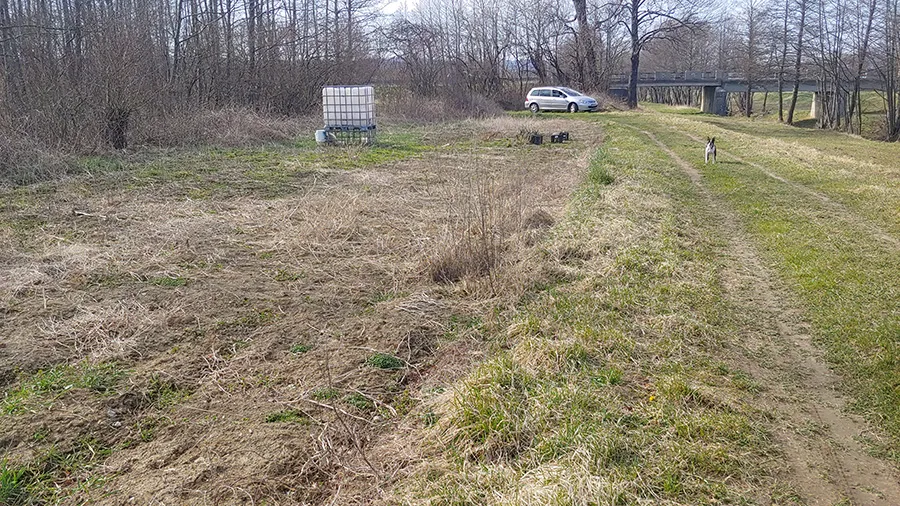
I'll grab what's on the surface in heaps and burn it all dry. The ash is also a kind of fertilizer. That was the plan.
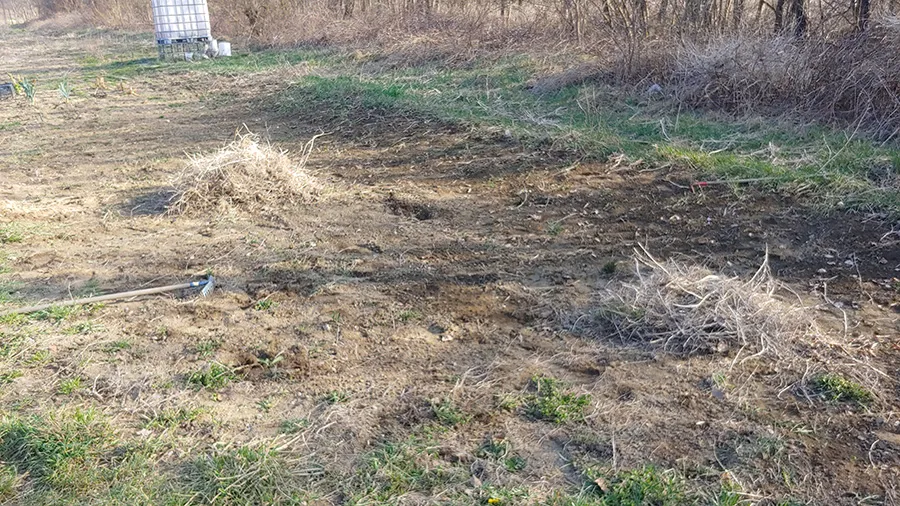
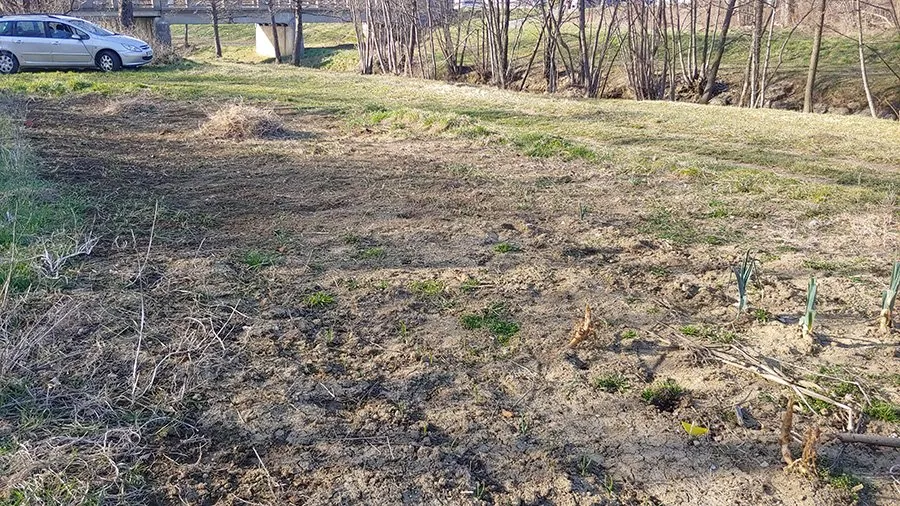
It took me two afternoons to clear all those dry weed branches, I would have needed more time for a more detailed clean-up. And the soil has to be dry, you can't do that in mud.
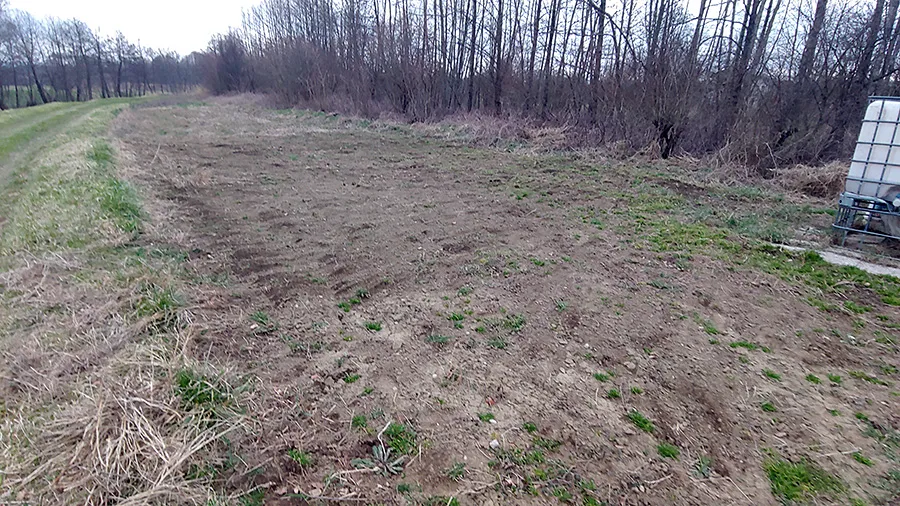
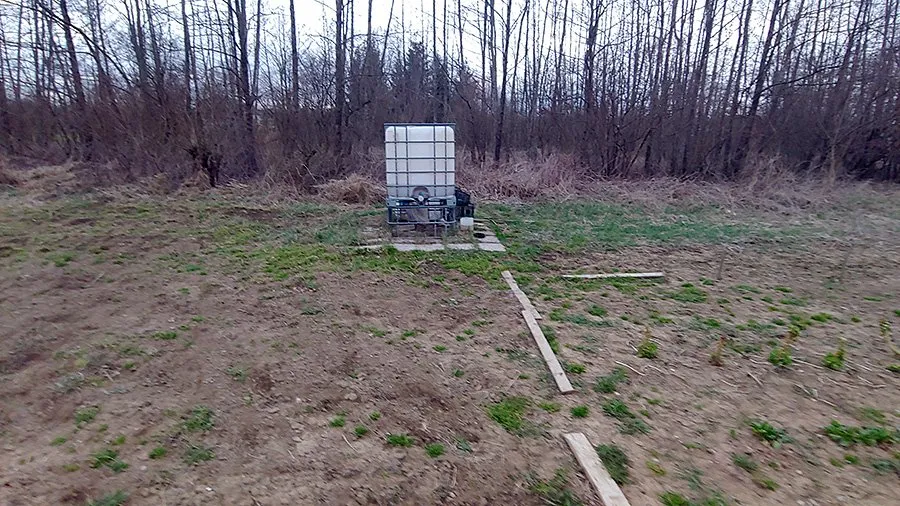
As I mentioned before, I wanted to burn it all down first, but because it was too windy I was afraid the fire would spread somewhere else (if the fire brigade had been around I would have paid a hefty fine) and I put it all out.
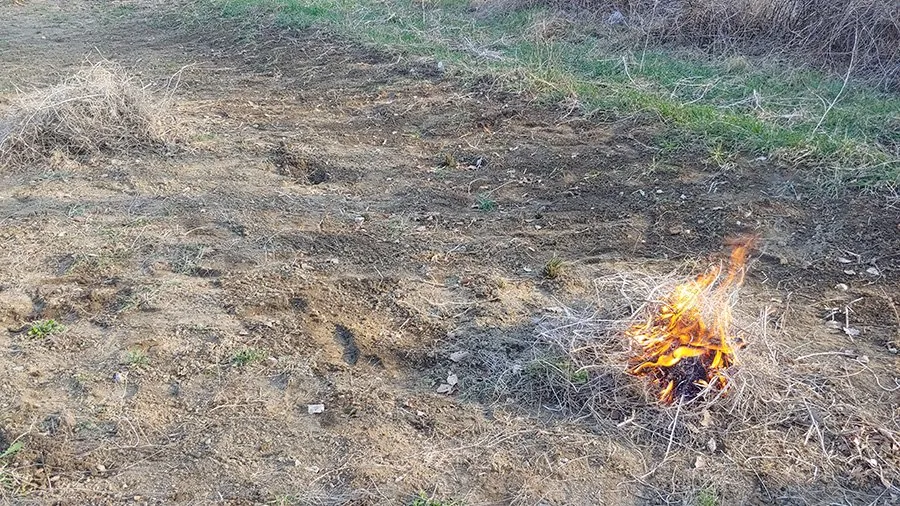
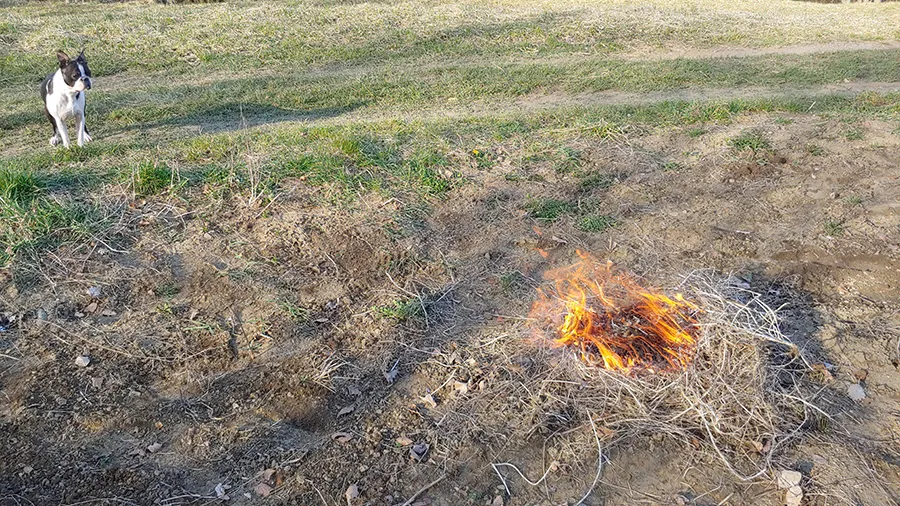
Atos was watching all this from a safe distance, of course. :)
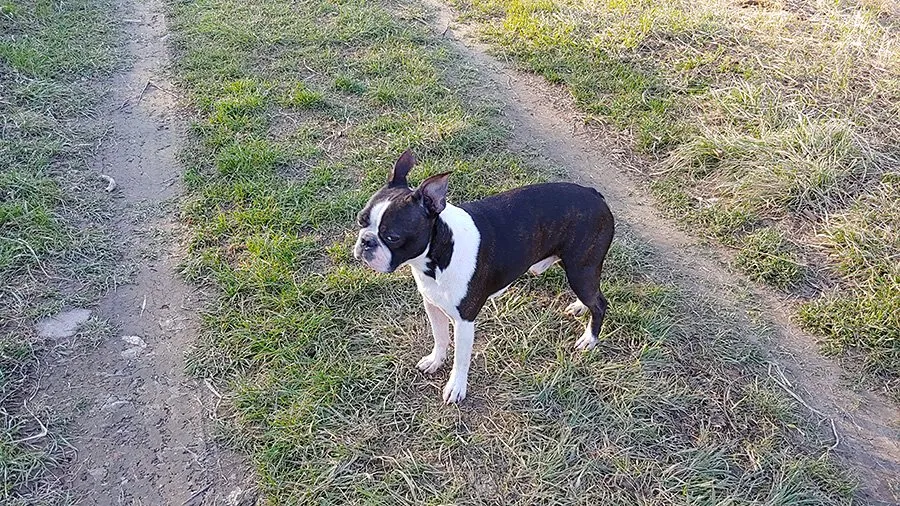
Pictured here is a leek, a vegetable left over from last year that survived the winter. The cold and frost do not harm it too much. It's high time I picked it.
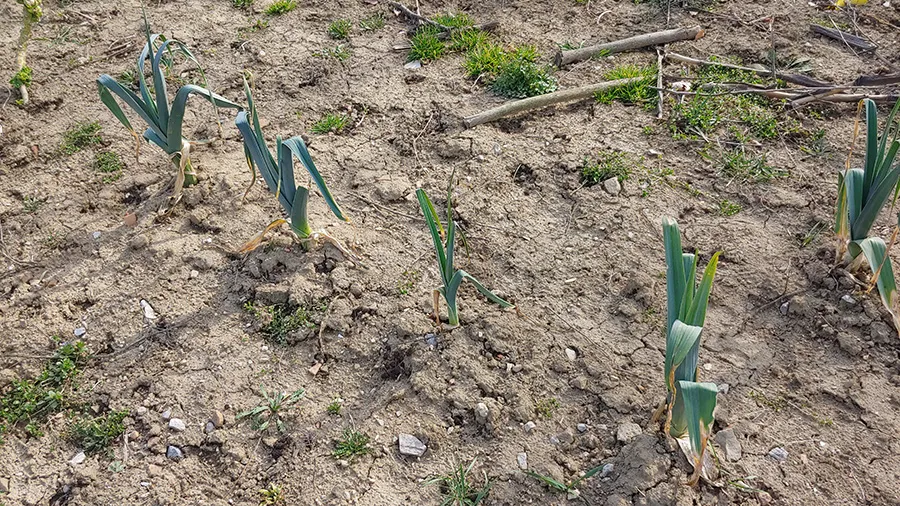
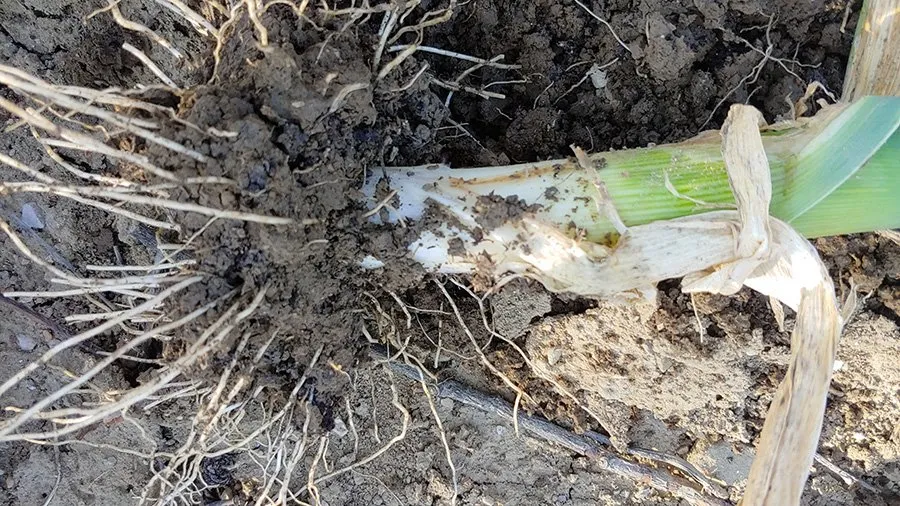
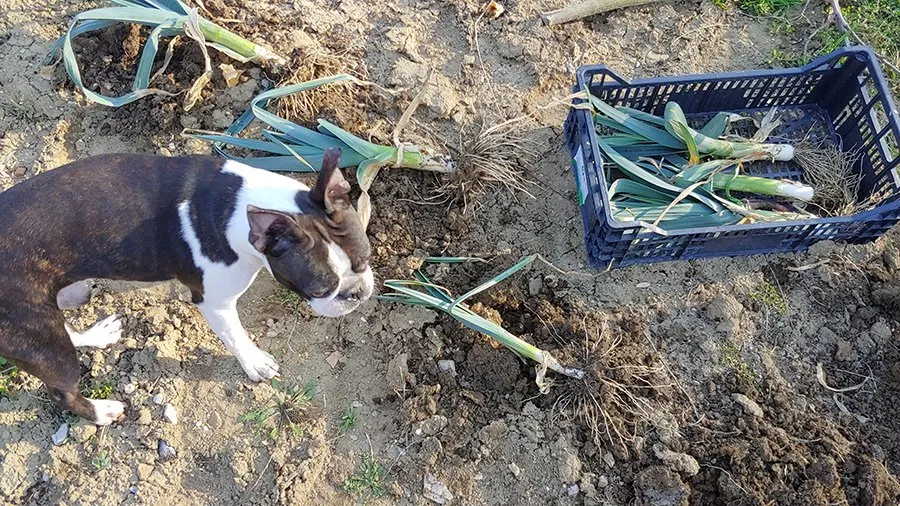
This is dandelion, the first spring vegetable from my field, it grows in meadows and fields, we don't plant it.
If I wanted to clean the field completely, I would also have to uproot all the dandelions with their roots, but then it would no longer be in the field. I left most of it, but I picked some because it makes a very good salad.
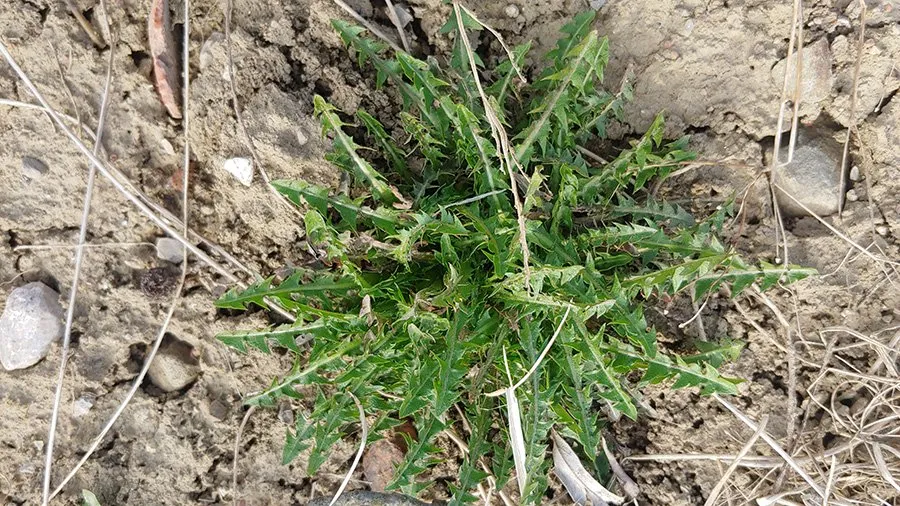
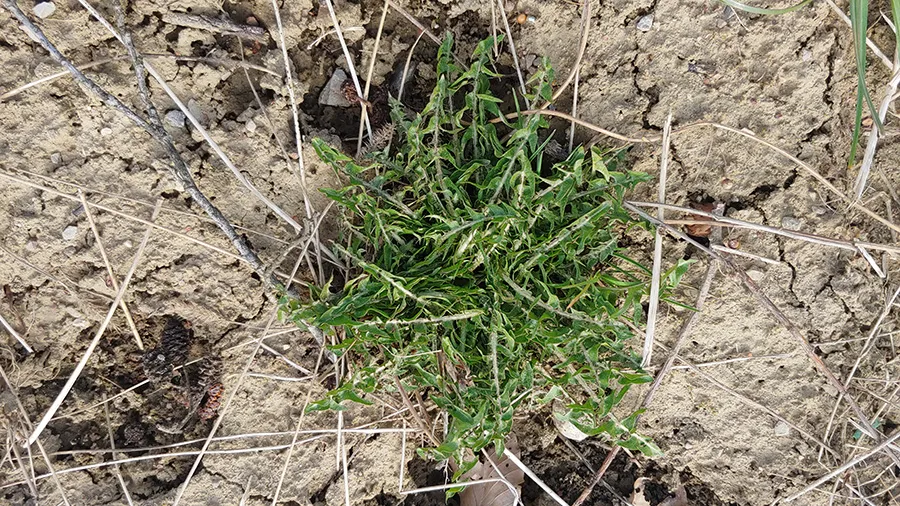
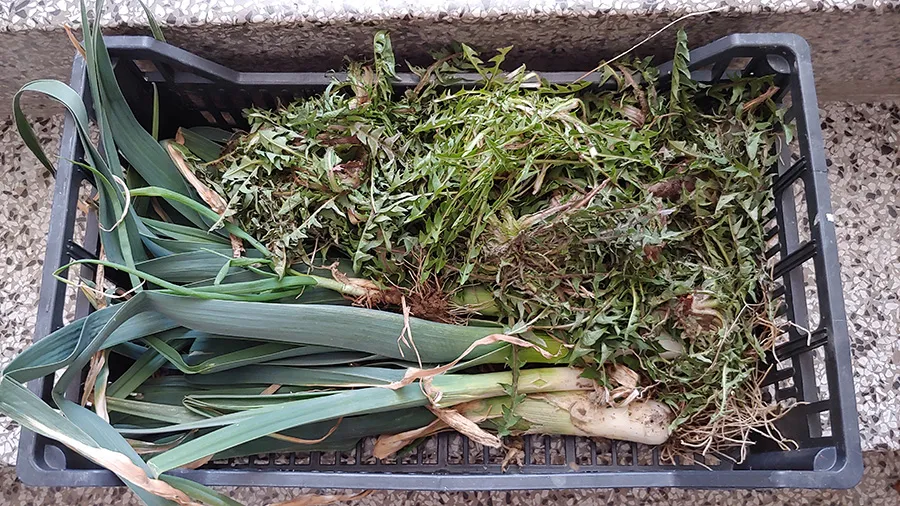
I think I deserved dinner :)
One quick recipe for dandelion with beans.
First, clean it from the mud and rinse it with water.
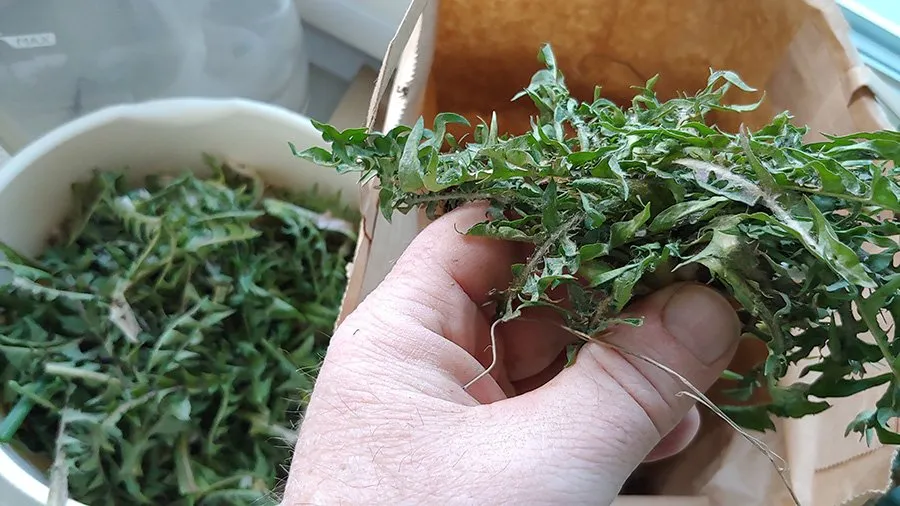
It can be cut into smaller pieces or left as it is. Heat the olive oil, add the beans, and the pieces of boiled potato, you can also add bacon pieces, and when it starts to sizzle add the vinegar and pour it all over the dandelion. A hard-boiled egg is also good if you have it.
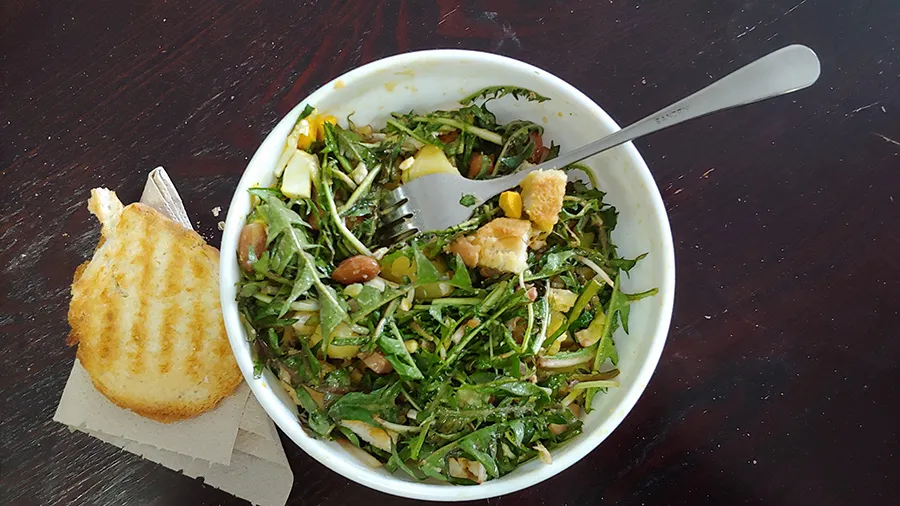
A more detailed recipe that I published two years ago can be found here.
Try it, it costs you nothing. Go for a walk in the meadow and pick it. 😎
Thank you for your attention!

NFT Showroom Gallery
My 3Speak Channel
Photo Manipulation
Beer Tasting
New Tunes
Foodies

